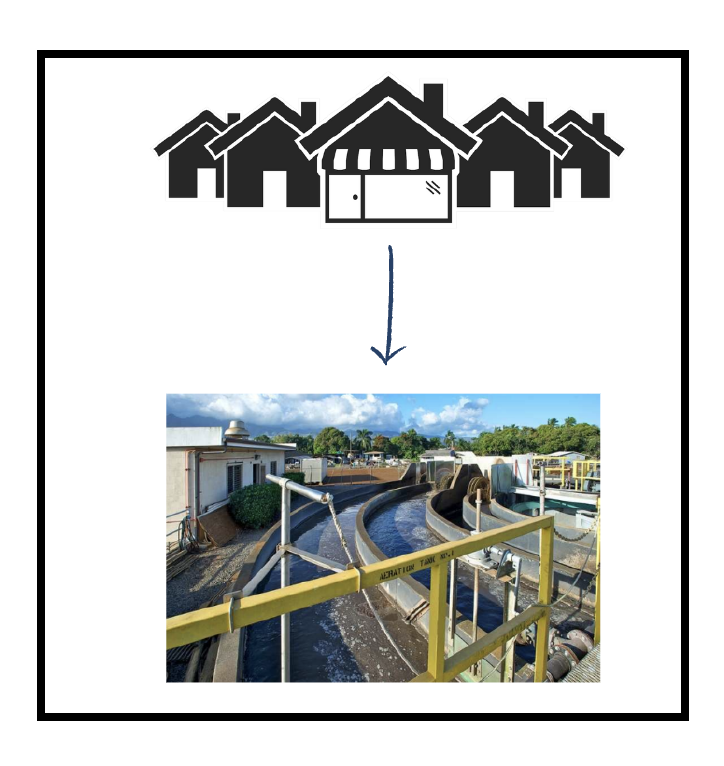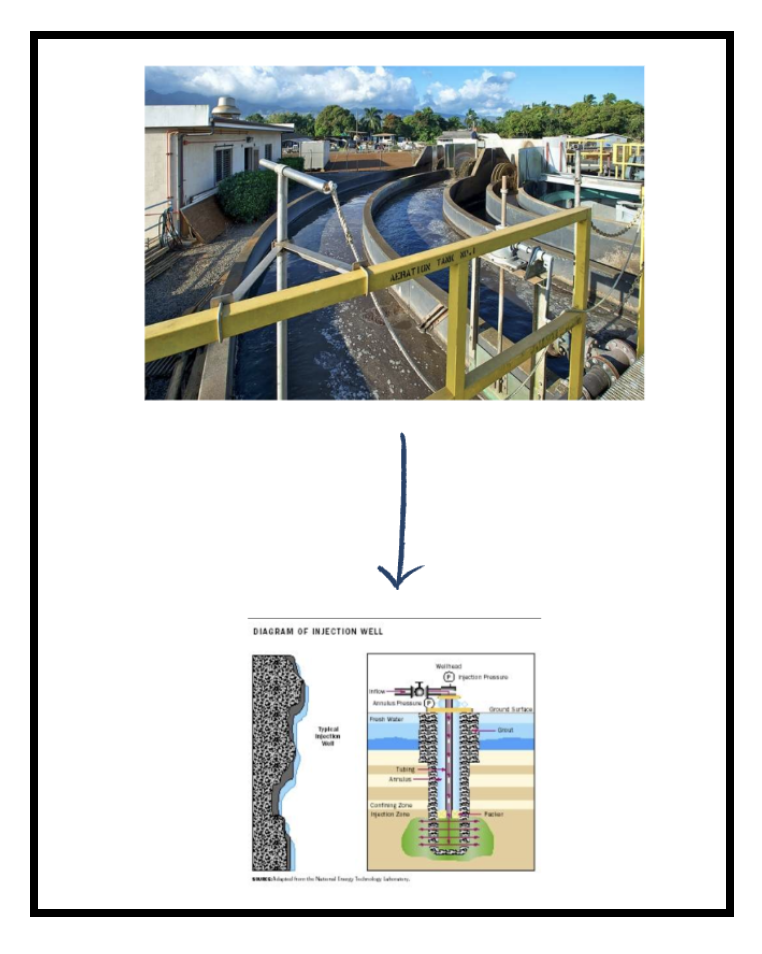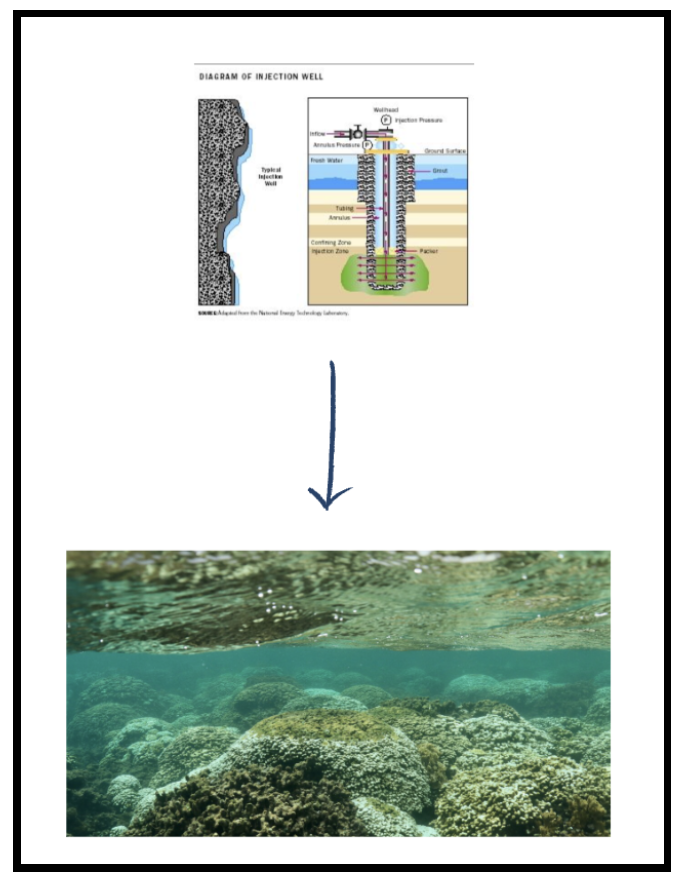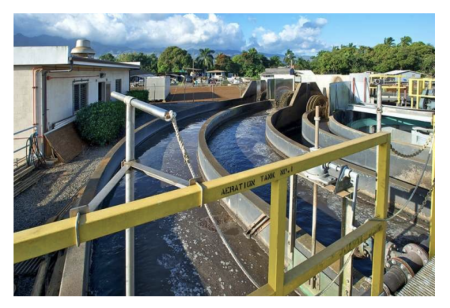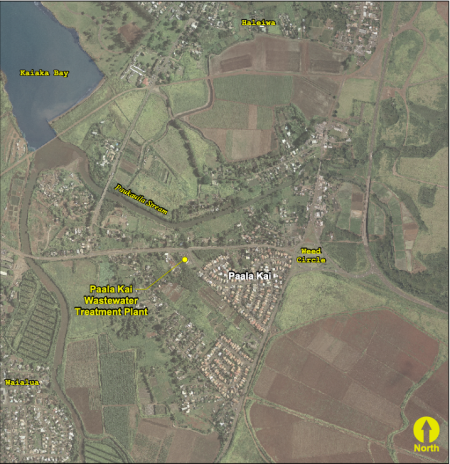-
Oʻahu's Drinking Water Sources
Oʻahu relies primarily on underground water sources for drinking water, which are all dependent on three natural elements: northeast trades, high mountain ranges, and the island's geological landscape. The NE tradewinds drive clouds filled with moisture inland, the high mountain ranges (Koʻolau mountains and Waianae mountains) capture and force moisture-filled clouds to higher elevations which causes rainfall on watershed areas. The Hawaiian Island geological landscape serves as a natural filter and underground storage system of water. Rainwater percolates into the earth, filtered by volcanic rock, and stored in aquifers. The aquifers are an underground freshwater reservoir storage from which the Board of Water Supply sources water to deliver to homes. Water is pumped from a network of shafts, water tunnels, and many wells located all over Oʻahu, (except for the North Shore area) and conveyed to homes through mains, booster systems and reservoirs.
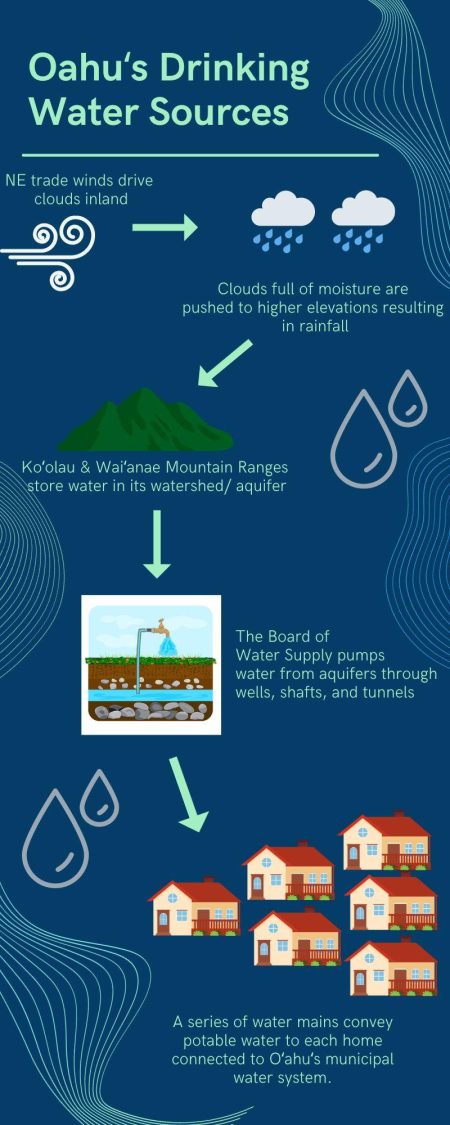
- Paʻalaʻa Kai Wastewater Treatment Plant Facility
Do You Know What Happens After You Flush?


